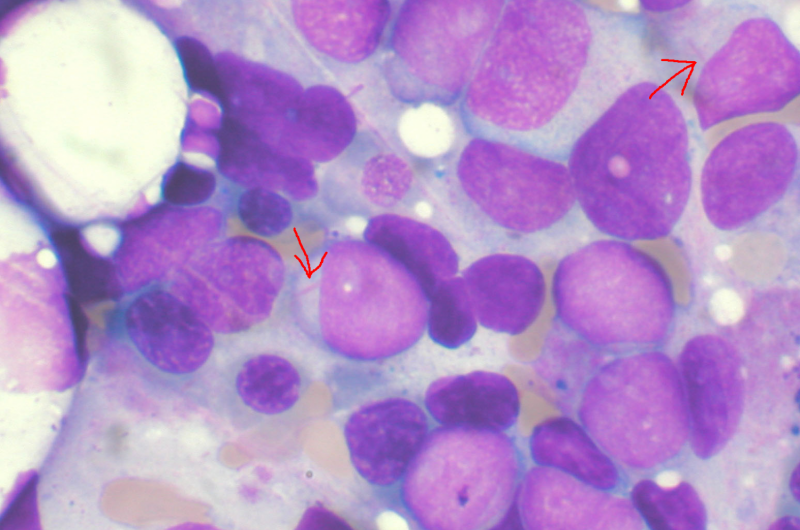Innovative Treatment Shows Promise for Advanced Pulmonary Arterial Hypertension Patients

New research reveals that sotatercept, initially approved for mild PAH, significantly reduces mortality and hospitalizations in advanced cases, offering new hope for patients with this severe lung condition.
A groundbreaking therapy for pulmonary arterial hypertension (PAH), originally approved for mild to moderate cases, has demonstrated significant effectiveness in reducing mortality among patients with advanced stages of the disease. Published on May 29, 2025, in The New England Journal of Medicine, these findings could lead to a pivotal shift in managing this serious lung condition. The study evaluated the drug sotatercept, which received FDA approval last year for early-stage PAH to improve exercise capacity and prevent disease progression. However, recent research indicates its potential to improve outcomes in more severe cases.
The clinical trial, named Zenith, was led by researchers in France and included multiple international sites. It enrolled 172 patients with advanced PAH who were randomly assigned to receive either sotatercept plus their standard treatment or a placebo alongside their usual care. The results were striking: patients treated with sotatercept experienced a 76% lower risk of serious events—including death, lung transplantation, or hospitalization—compared to those receiving a placebo. The trial was prematurely halted because of these compelling benefits.
Specifically, only 9% of patients on sotatercept were hospitalized during the trial, versus 50% in the placebo group. Deaths occurred in 8% of the sotatercept group compared to 15% in the placebo group. Side effects such as vascular malformations and bleeding were observed but did not lead to discontinuation of the drug. Experts emphasize the significance of these findings, as previous trials have often yielded modest results with less impactful endpoints.
Dr. Bradley Maron, a professor at the University of Maryland School of Medicine, reviewed the study independently and highlighted its potential to transform treatment strategies for patients with limited options who are in advanced stages of PAH. The early termination of the trial underscores the profound benefits observed, offering renewed hope for individuals battling this life-threatening condition.
While further studies are needed to fully understand the safety profile, especially regarding side effects, the results suggest that sotatercept could become a critical component in the management of severe pulmonary arterial hypertension. Patients and healthcare providers alike are optimistic about these developments, which represent a significant step forward in the fight against this challenging disease.
Stay Updated with Mia's Feed
Get the latest health & wellness insights delivered straight to your inbox.
Related Articles
New Surface Protein Mechanism Identified in Leukemia Cells to Evade Immune System
Lund University researchers have identified a surface protein, SLAMF6, that helps leukemia cells evade immune detection. Blocking this protein may lead to new targeted therapies for resistant AML.
Transforming Cancer Research with AI and Advanced Data Analytics
Emerging AI and digital data analytics are transforming cancer diagnosis and treatment, enabling personalized and more accurate oncology care through sophisticated informatics techniques.
Understanding the Impact of Proposed Medicaid Cuts on Rural Healthcare and Hospital Access
Proposed Medicaid funding cuts threaten rural hospital closures, increased travel for care, and community health, impacting millions across rural America.
Is Childbirth Safer in Private Hospitals for Women and Babies?
A comprehensive Australian study compares maternal and neonatal outcomes between public and private hospitals, highlighting risks, benefits, and the importance of informed maternity care choices.



